By Lin Zhuowei, Zeng Yue
(ECNS)— Agricultural cooperation with China brings new changes and renewed hope to Brazilian farmers, stated Paulo Teixeira, Brazilian Minister of Agrarian Development and Family Agriculture, during his visit to Beijing on Monday.
While attending a seminar at China Agricultural University, themed "China-Brazil Cooperation on Agricultural Machinery: Policies for Investment and Local Production," Teixeira joined scholars, experts, and business representatives from both countries to discuss the progress of bilateral cooperation.

A notable example of this collaboration is the establishment of two "China-Brazil Science and Technology Residences on Family Agricultural Mechanization" in Brazil in 2024, developed through joint efforts from Chinese enterprises, Brazilian governments, universities, research institutes, and farmer organizations.
According to official websites, "Sci-tech Residences" are innovative agricultural initiatives in China where students, researchers, and experts work alongside farmers in rural areas to promote entrepreneurship and technological innovation.
In Brazil, based on the China-Brazil Science and Technology Residences on Family Agricultural Mechanization, China Agricultural University has integrated the Joint Laboratories, the Joint Research and Development and Technology Promotion Center, agricultural machinery enterprises and demonstration farms, forming a multi-subject collaborative innovation platform.
So far, these efforts have brought 17 Chinese enterprises to deploy 62 medium- and small-sized agricultural machines, along with more than 60 sets of big data equipment tailored for family farming in Brazil.
"The China-Brazil Science and Technology Residences built through China-Brazil cooperation have significantly boosted family farming in Brazil," Teixeira said. "They not only enhance productivity and increase farmers' incomes, but more importantly, they bring new hope to Brazilian farmers."
As two agricultural powerhouses, China and Brazil enjoy highly complementary and mutually beneficial cooperation in the agricultural sector, which is one of the most vibrant and solid pillars of their bilateral cooperation.
Teixeira highlighted that the mechanization level of small-scale farming in Brazil remains low, with development being uneven across regions. Many farmers are eager for Brazil to deepen its cooperation with China to improve their conditions in production and livelihoods.
"Many Brazilian farmers are currently using Chinese-made agricultural machinery and are keen to learn from China's experience in digitalizing agriculture. I believe that is the biggest change," he said.
Looking ahead, Teixeira expressed confidence that China-Brazil cooperation will not only advance Brazil's agricultural development but also offer valuable lessons for other Latin American countries.
He hopes the two nations will continue deepening ties and together usher in the next "Golden 50 Years" of China-Brazil relations.








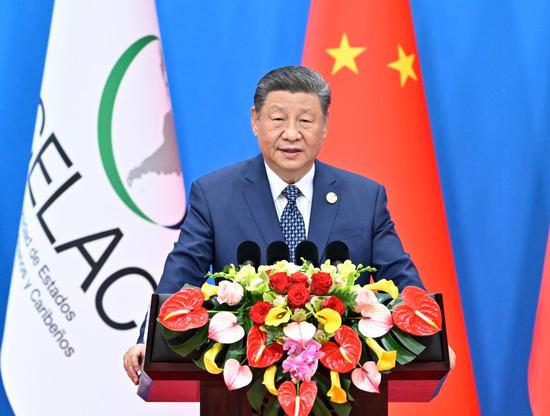

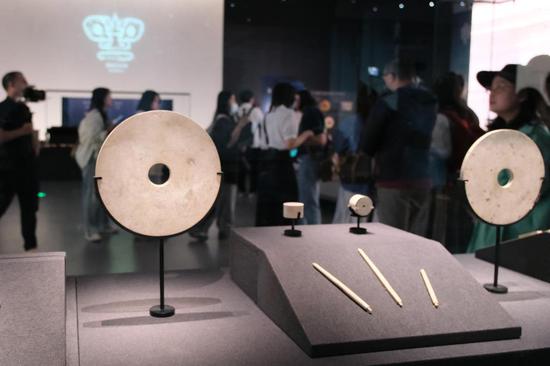


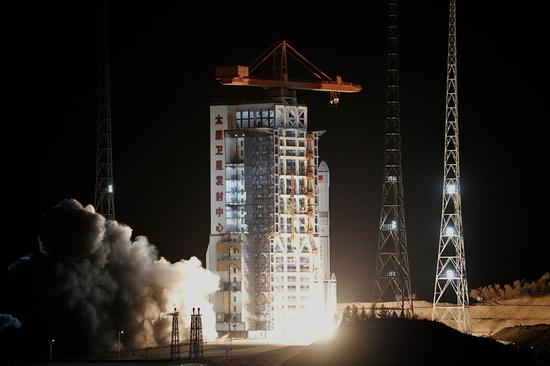
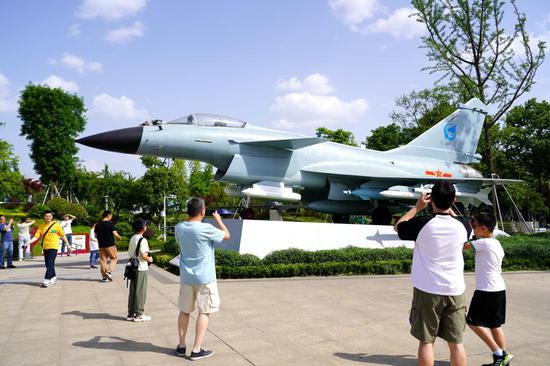




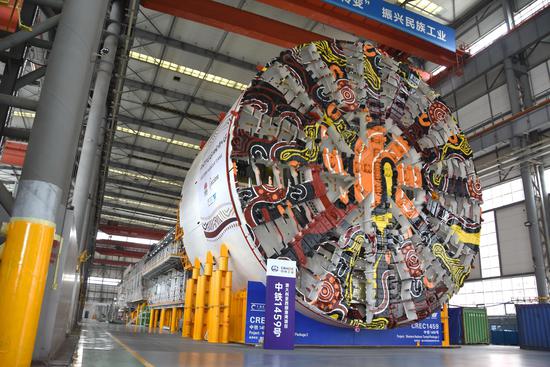

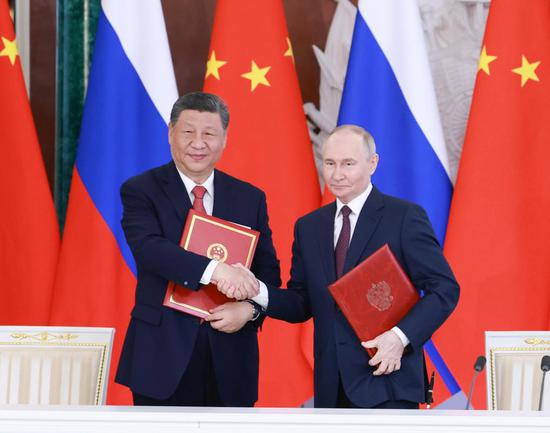

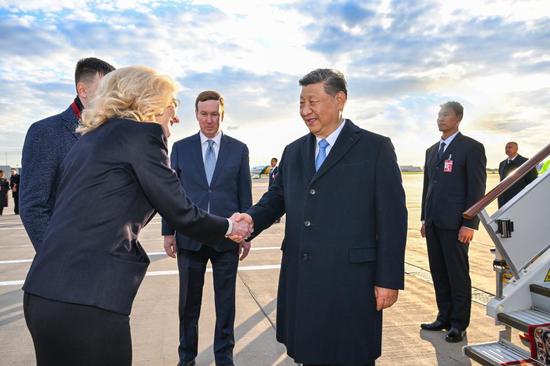












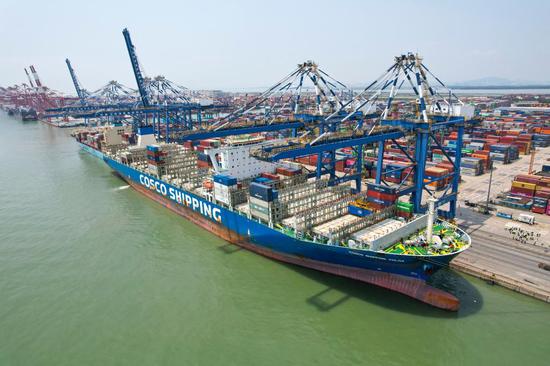
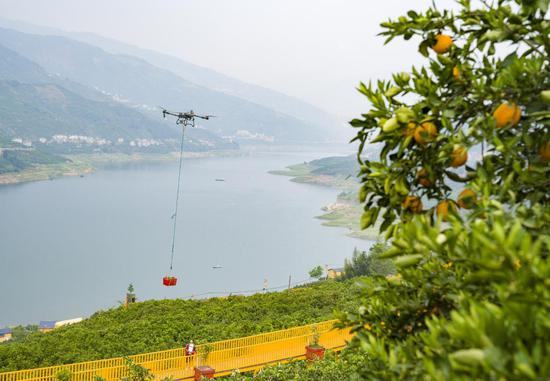
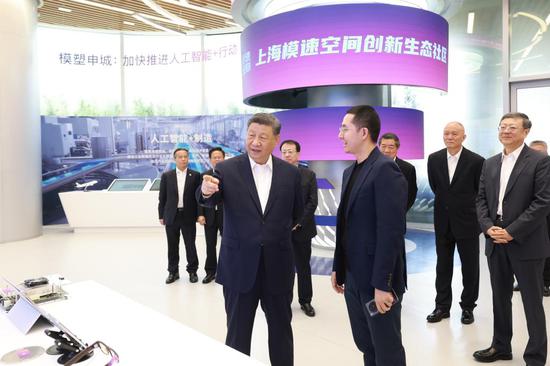







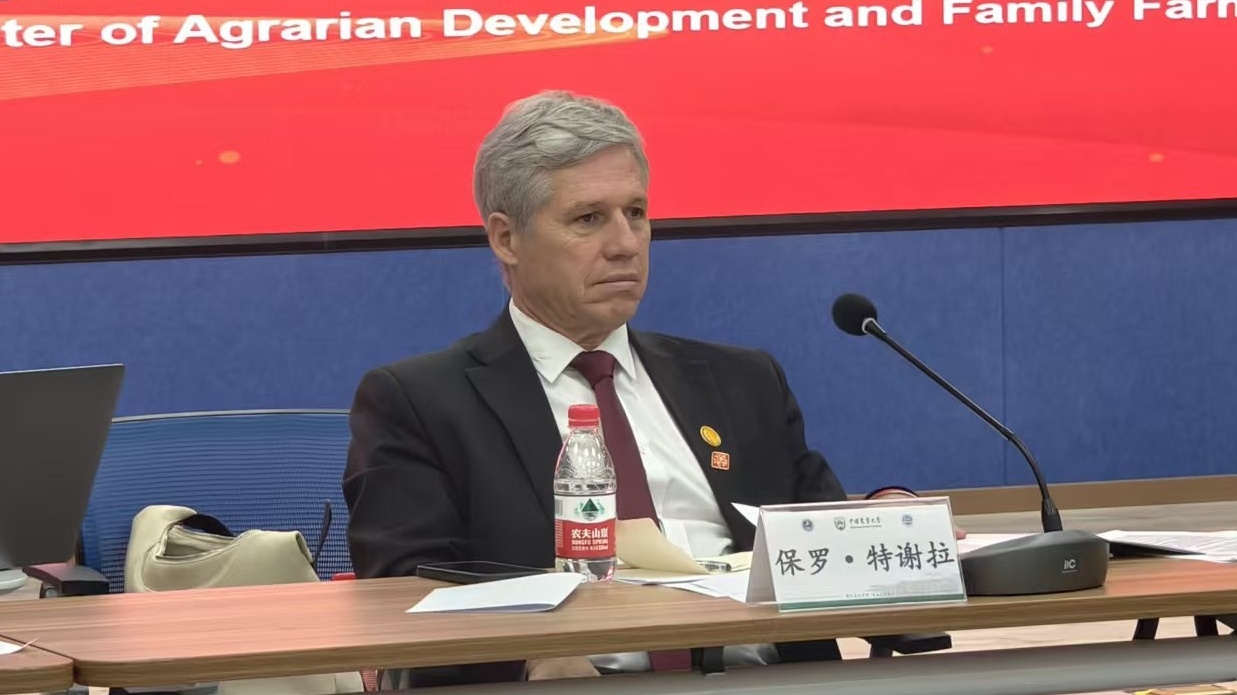



 京公網(wǎng)安備 11010202009201號
京公網(wǎng)安備 11010202009201號